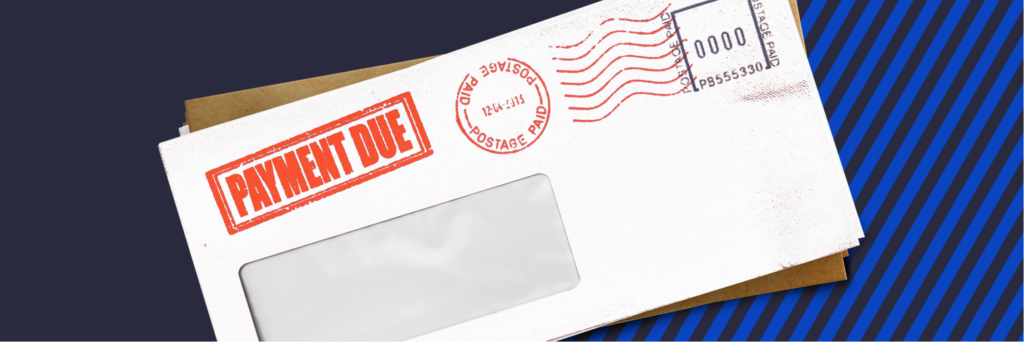Stop Spending on Unimportant Things
First of all, figure out what’s important to you. Then stop spending money on everything else. This requires that you determine your own values and priorities.
Once you decide what’s important to you, and you stop spending on the unimportant things — no matter how small an expense it seems to be — you’ll be surprised at how much more money you have available to you. You might be surprised to discover how much you’re spending on things you really don’t care about. Stop, and the money will add up over time.
Invest a Set Amount Each Month
Take advantage of compound interest by investing. The younger you are when you start investing, the better off you’ll be in the long run, even if you can’t invest a lot. If you set aside $200 a month starting at 20, and do so until you are 60 years old, you can accomplish almost as much as if you set aside $400 a month from age 30 to 60 (assuming a 6 percent annualized return, compounded annually). Start 10 years earlier, and you can accomplish nearly the same thing, but with half the monthly financial outlay. Wait until you’re 40, and $800 a month won’t be enough to build the same nest egg.
The longer you have to take advantage of compound interest, the better off you’ll be. The seemingly-small change associated with investing any amount of money can pay off more than you expect over time.
Of course, it makes sense to increase what you set aside as your income rises. Boost your investment over time to keep pace with your income, and you will be even better prepared.
Have a Plan for Your Money
Figure out what you want your money to accomplish for you. Some folks like to “give every dollar a job” so that they know where it all goes. The key is to have an idea of what you want your money to do for you, whether it’s ensuring a comfortable retirement, sending your kids to college, getting rid of debt, or allowing you time to travel.
Part of this plan also includes paying attention to timing with your finances. It may seem like a small thing, but knowing when your money is coming in and when the bills are due matters. Timing can mean the difference between paying what you owe and being hit with an expensive late fee.
Make it a point to pay attention to your money and have a plan for it. Over time, it will add up to better financial security.




